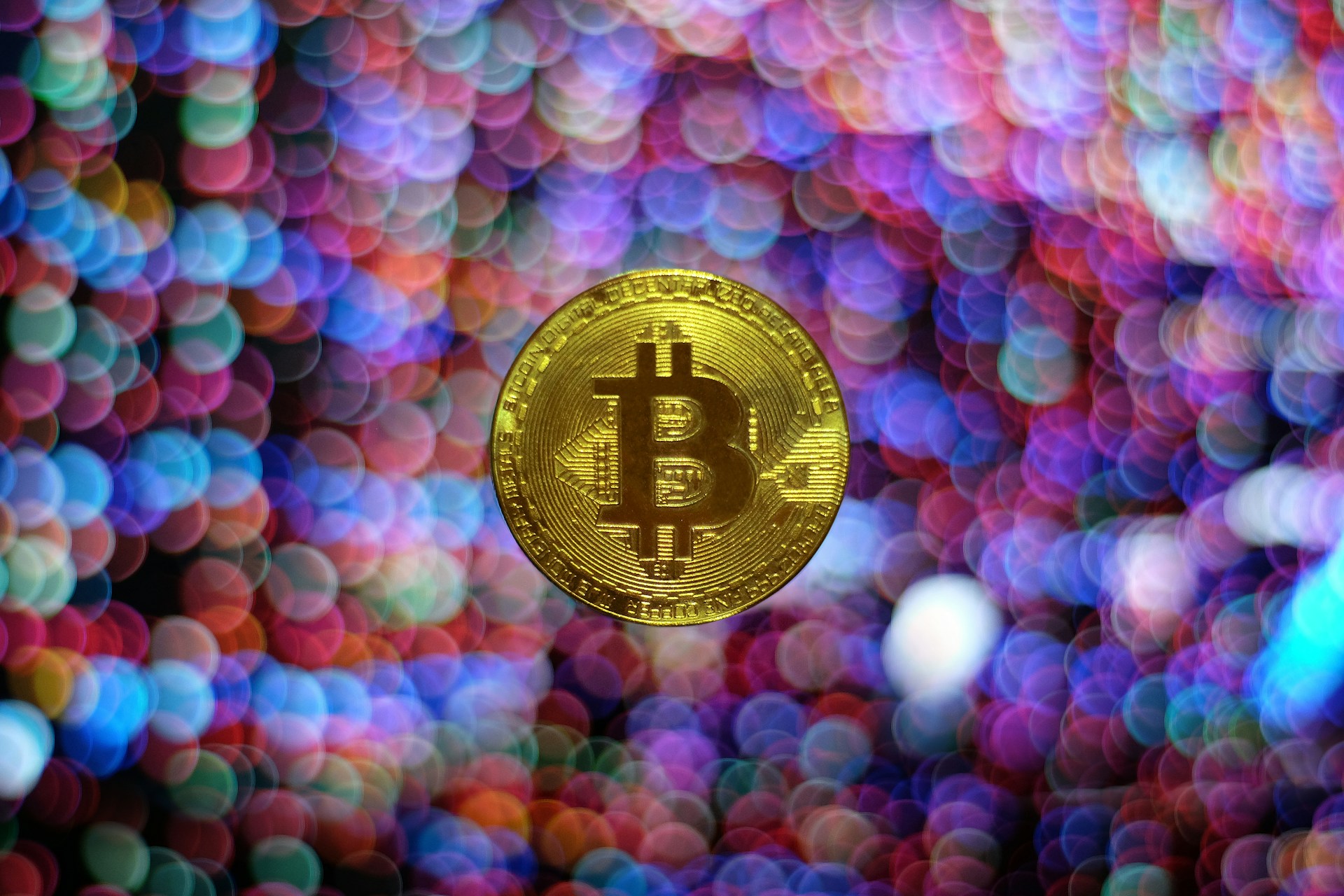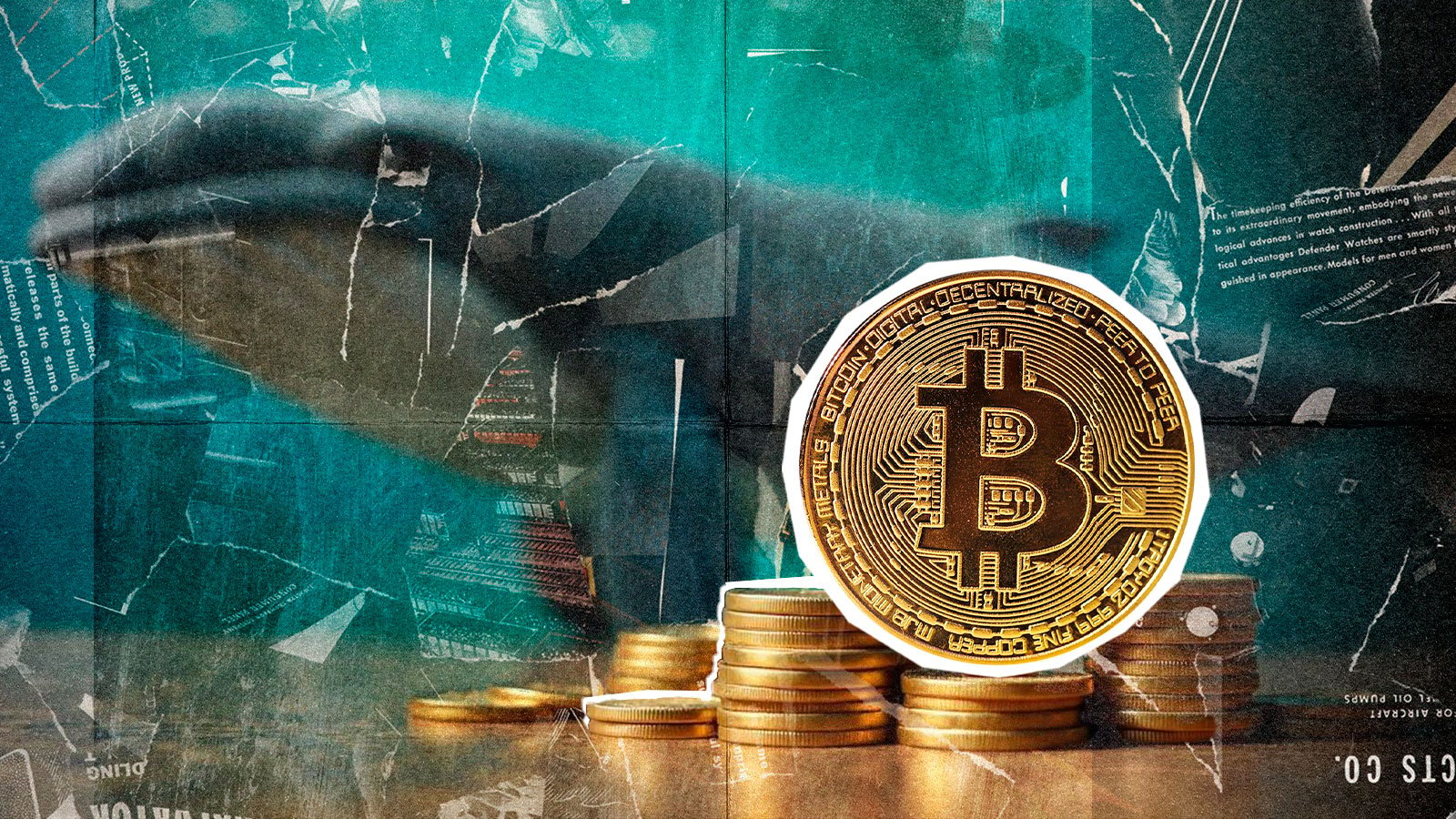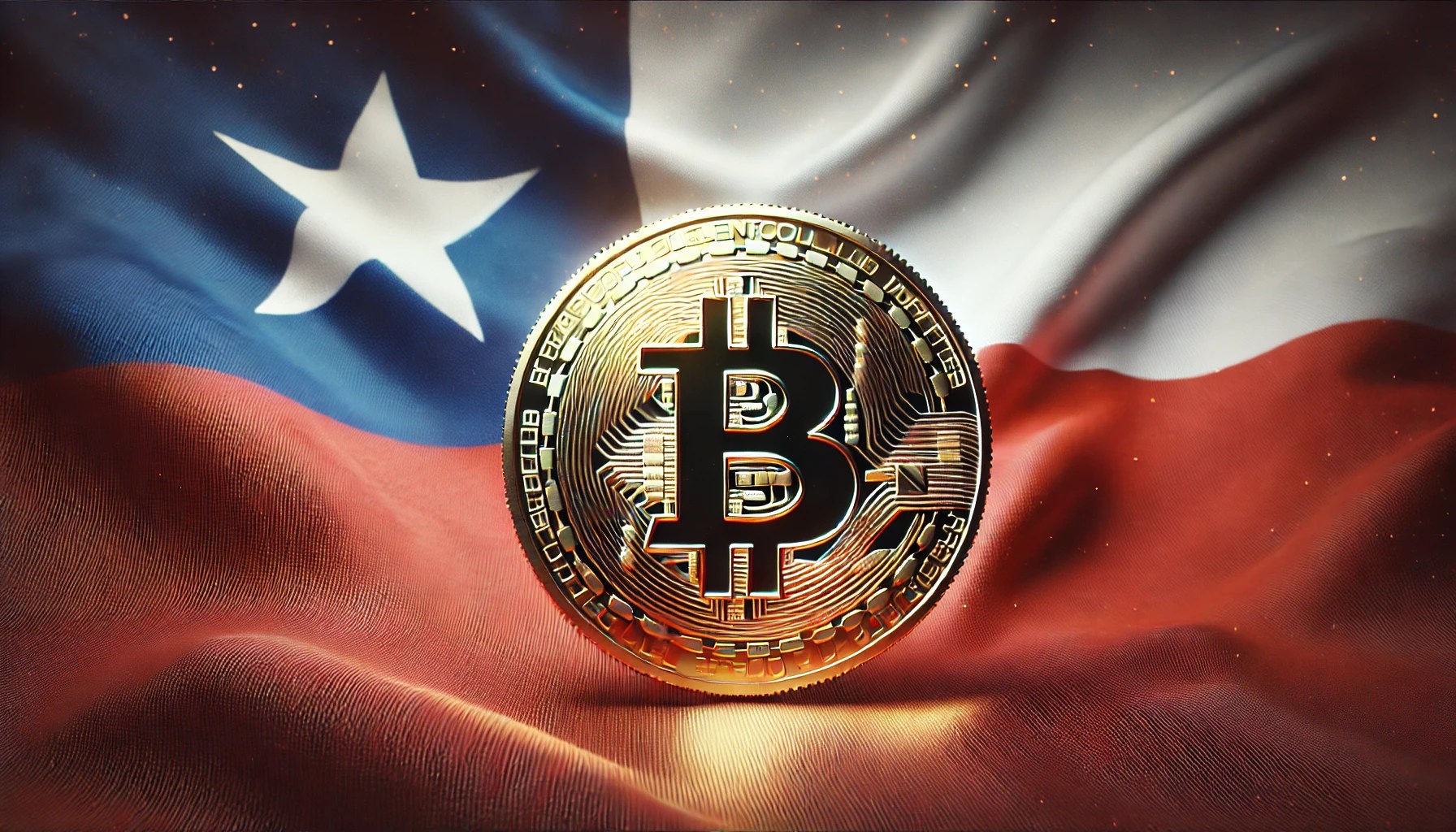The Impact of Reverse ‘Kimchi Premium’ on Bitcoin Prices in South Korea
Bitcoin Trading at Lower Prices in South Korea
Bitcoin (BTC) is currently trading slightly lower in South Korea compared to the global cryptocurrency markets due to a reverse ‘kimchi premium’ that has not been seen since October 2023. The phenomenon has created a price differential of more than $500 between Bitcoin’s price in South Korea and global markets, according to a report by The Korea Times.
Understanding the ‘Kimchi Premium’
The ‘kimchi premium’ is a term used to describe the higher prices of cryptocurrencies, particularly Bitcoin, in South Korea compared to other markets. This premium is usually driven by high demand from local investors and a limited supply of digital assets available for trading on domestic exchanges.
However, the current situation in South Korea is quite the opposite, as Bitcoin is trading at a discount in the country. This reverse ‘kimchi premium’ is a rare occurrence and can have significant implications for traders and investors in the region.
How Will This Affect Me?
As a cryptocurrency trader or investor in South Korea, the reverse ‘kimchi premium’ could present both opportunities and challenges. On one hand, you may be able to purchase Bitcoin at a lower price than the global average, potentially increasing your profits when prices eventually equalize.
On the other hand, the price differential could also indicate underlying issues in the local market, such as regulatory changes or limited access to liquidity. It is important to carefully monitor the situation and adjust your trading strategy accordingly to mitigate any potential risks.
How Will This Affect the World?
The reverse ‘kimchi premium’ in South Korea is likely to have ripple effects on the global cryptocurrency markets. As one of the major players in the industry, any significant price discrepancies in South Korea could impact investor sentiment and overall market trends.
Traders and analysts around the world will be closely watching the situation in South Korea to gauge the market dynamics and assess the potential repercussions. This could lead to increased volatility and trading activity, as market participants adjust their strategies in response to the changing landscape.
Conclusion
The reverse ‘kimchi premium’ in South Korea is a rare occurrence that highlights the interconnected nature of the global cryptocurrency markets. While the situation presents opportunities for some traders, it also underscores the importance of staying informed and adapting to changing market conditions.





